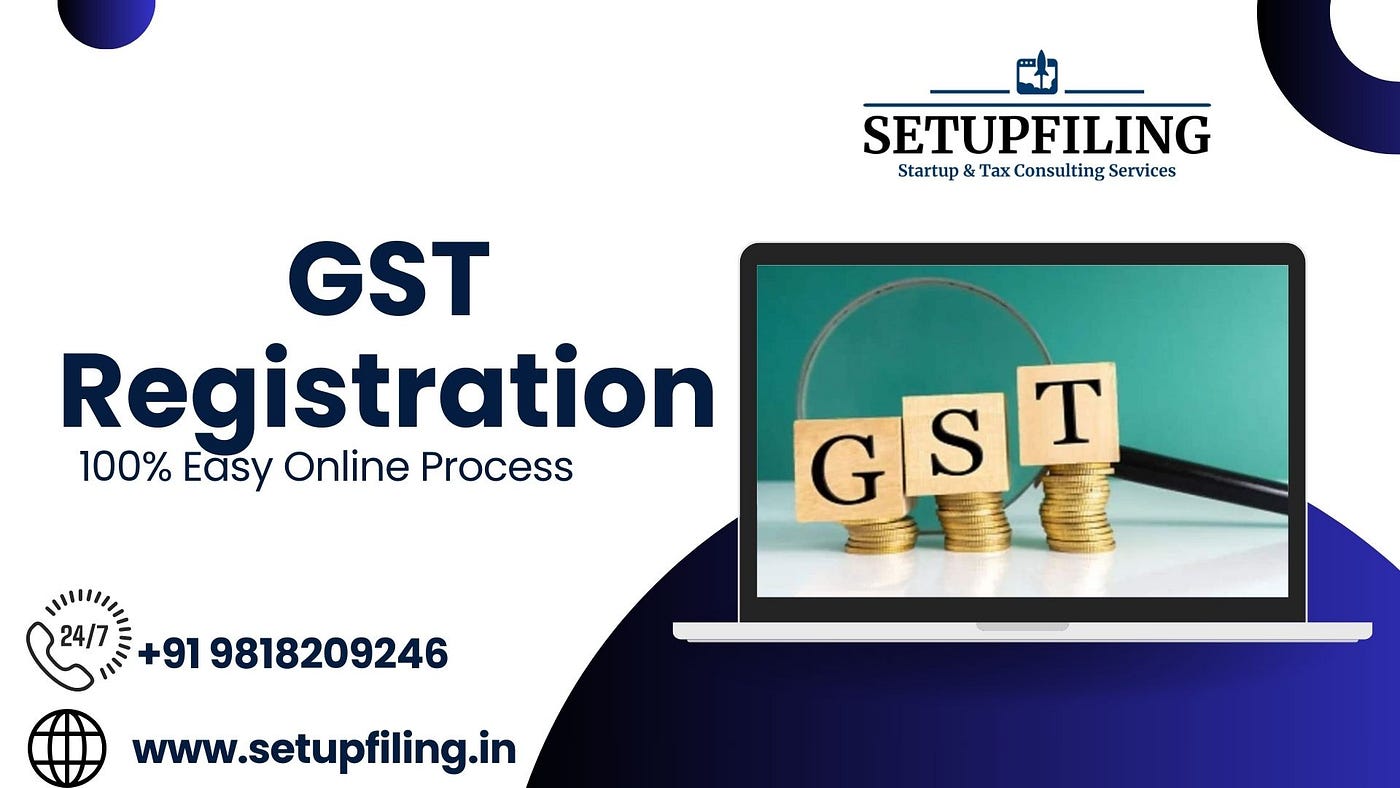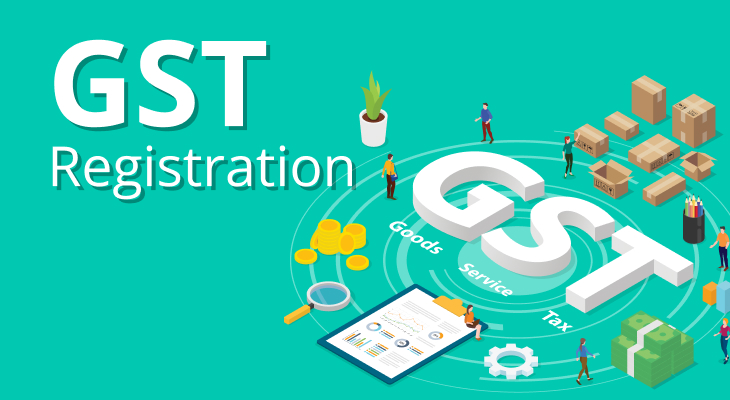Cost effective Alternatives for the very best GST Registration Services in Singapore
Cost effective Alternatives for the very best GST Registration Services in Singapore
Blog Article
From Beginning To End: The Ultimate Roadmap to GST Registration for Organizations Looking For Financial Security
Navigating the intricacies of Product and Services Tax Obligation (GST) registration is a critical step for companies pursuing financial security. From recognizing the fundamental principles of GST to following post-registration standards, the process can seem intimidating in the beginning glimpse. Nonetheless, damaging down the roadmap into convenient actions can improve the registration trip for businesses aiming to boost their financial standing. Let's discover the essential elements that compose this supreme roadmap and uncover how each stage adds to laying a solid foundation for monetary success.
Understanding GST Fundamentals
Diving into the fundamental concepts of Item and Solutions Tax (GST) is important for gaining a detailed understanding of its implications on services and the economic situation. Input Tax Obligation Credit (ITC) is a substantial feature of GST, enabling organizations to claim credit report for tax obligations paid on inputs, reducing the general tax problem. Recognizing the essentials of GST is crucial for companies to conform with tax obligation policies, manage their finances effectively, and add to the nation's economic development by taking part in a transparent tax system.
Eligibility Standards for Enrollment
As of the present laws, the threshold limitation for GST enrollment is an annual accumulation turnover of 40 lakhs for organizations operating within a state, except for special group states where the limit is 20 lakhs. Furthermore, specific businesses are needed to register for GST irrespective of their turn over, such as interstate suppliers, laid-back taxed persons, and services accountable to pay tax under the reverse charge device. It is important for organizations to thoroughly examine their turn over and transaction types to identify their GST enrollment responsibilities properly.
Files Needed for Enrollment
Having met the qualification criteria for GST enrollment, services need to now ensure they have the requisite records in location to proceed with the registration procedure effectively. The files required for GST enrollment generally include proof of business constitution, such as collaboration action, registration certificate, or incorporation certification for different types of organizations. Furthermore, companies require to give papers developing the primary location of company, such as a rental arrangement or electrical energy bill.
Step-by-Step Registration Refine
Commencing the GST enrollment procedure involves a series of organized actions to guarantee a certified and smooth registration for organizations. The initial step is to see the GST website and fill in the enrollment kind with accurate details of business entity. Following this, the applicant gets a Temporary Recommendation Number (TRN) which is used to return to the application process if it's not completed in one go.
Next, all needed papers based on the list provided by the GST portal need to be published. These papers generally include evidence of service address, registration and identification proofs of marketers, economic declarations, and business entity's frying pan card.

Post-Registration Conformity Standards

Verdict
To conclude, organizations looking for economic security should comprehend the basics of GST, meet qualification requirements, collect essential records, comply with the step-by-step registration procedure, and abide by post-registration guidelines - Best GST registration services in Singapore. By sticking to these actions, services click this can guarantee compliance with tax obligation policies and maintain economic stability over time
In addition, specific businesses are called for to register for GST irrespective of their turn over, such as interstate providers, casual taxed individuals, and businesses liable to pay tax obligation under the reverse cost system.Having fulfilled the eligibility standards for GST registration, organizations must now ensure they have the requisite documents in area to continue with the enrollment process successfully. The files that site needed for GST enrollment commonly include evidence of business constitution, such as collaboration deed, registration certification, or consolidation certificate for different kinds of companies. In addition, businesses require to provide papers developing the primary area of company, such as a rental arrangement or electrical energy bill.Beginning the GST registration procedure includes a collection of structured actions to guarantee a certified and seamless registration for organizations.
Report this page